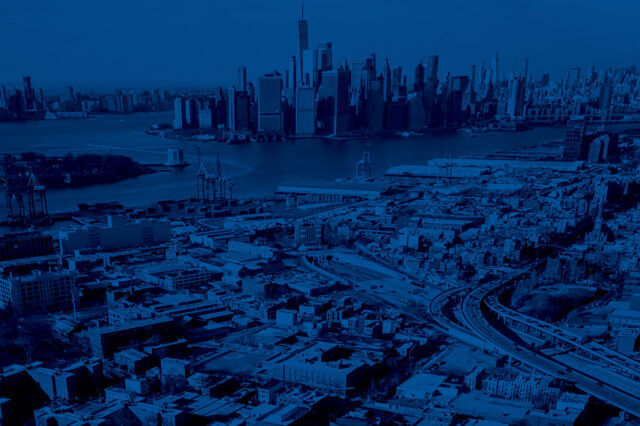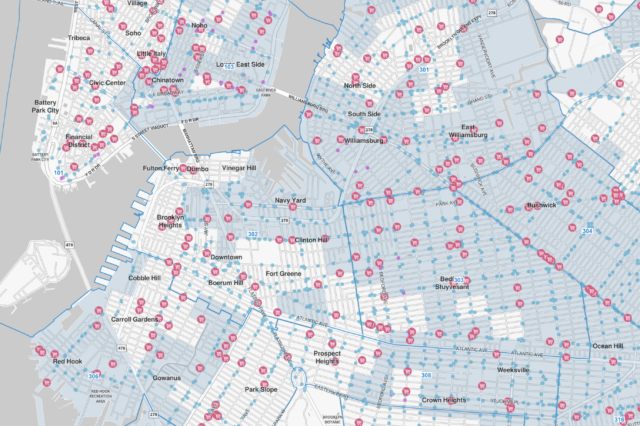Jistis anviwònman an
Jistis Anviwònman an se prensip ke tout moun, kèlkeswa ras, kondisyon andikap, laj, oswa orijin sosyoekonomik, gen dwa pou yo viv, travay, ak jwe nan kominote ki an sekirite, ki an sante, epi ki pa gen kondisyon anviwònman danjere.
An 2017, Vil Nouyòk te pase Lwa Lokal 60 ak 64 pou evalye pwoblèm ekite anviwonmantal nan vil la epi devlope yon plan pou enkòpore jistis anviwonmantal nan estrikti vil la pran desizyon. Lejislasyon sa a santre sou twa pwodwi prensipal—yon rapò, yon pòtal EJ sou entènèt, ak yon plan. Travay sa a obligatwa nan lejislasyon, ke yo rekonèt kòm Environmental Justice New York City (EJNYC), reprezante yon envestisman istorik nan vil New York pou etidye inegalite nan anviwònman an ki afekte fason ak ki kote kominote ki gen ti revni ak kominote koulè yo ap viv, epi pou bay tout rezidan yo. zouti pou defann pi bon rezilta pou kominote yo.
Pou fè travay sa a, Vil la te etabli yon Konsèy Konsiltatif Jistis Anviwònman endepandan ki gen ladann defansè EJ ak ekspè lokal yo te nonmen ansanm pa Majistra a ak Konsèy Vil la, epi li te konvoke yon Gwoup Travay Entèajans ki gen ladann anplwaye ki soti nan 19 ajans vil la. Konseye Senior sou Jistis Anviwònman Majistra a nonmen sipèvize kowòdinasyon pati konsène yo ak ant ajans yo, ak devlopman Rapò, Portal, ak Plan EJNYC.
Rapò EJNYC pral premye etid konplè Vil la sou jistis anviwònman an. Nan kòmansman ane 2021, Vil la te pibliye yon kat entèaktif Zòn Jistis Anviwònman Vil la epi li te lanse yon pwosesis angajman piblik nan tout vil la pou pote kominote premye liy yo sou tab la nan devlope Dimansyon Travay Rapò EJNYC a. Li tout Dimansyon Travay la.
Yon rapò konplè sou jistis anviwònman an mete fondasyon pou yon plan ki gen siksè ki adrese inegalite nan anviwonman sistemik ak pèsistan.
The EJNYC Mapping Tool is a public web-based portal and mapping tool based on the data and analysis from the EJNYC Report. This portal hosts interactive maps, a data repository, and information on relevant City programs relating to environmental justice. It will be used by City agencies to inform their environmental decision-making, and will empower residents and organizers with the tools to continue advocating for the best outcomes for their communities.
Plan EJNYC is the culmination of all the EJNYC work. The plan identifies potential citywide and local initiatives for promoting environmental justice and outline a set of discrete recommendations for better embedding equity and environmental justice into the City’s decision-making processes.
Pran Aksyon
When we bring our voices, our action, and our advocacy to our schools, our homes, and our workplaces, we can create a more sustainable and resilient future for the 8.3 million people who call our five boroughs home.
Pran Aksyon Kounye a




